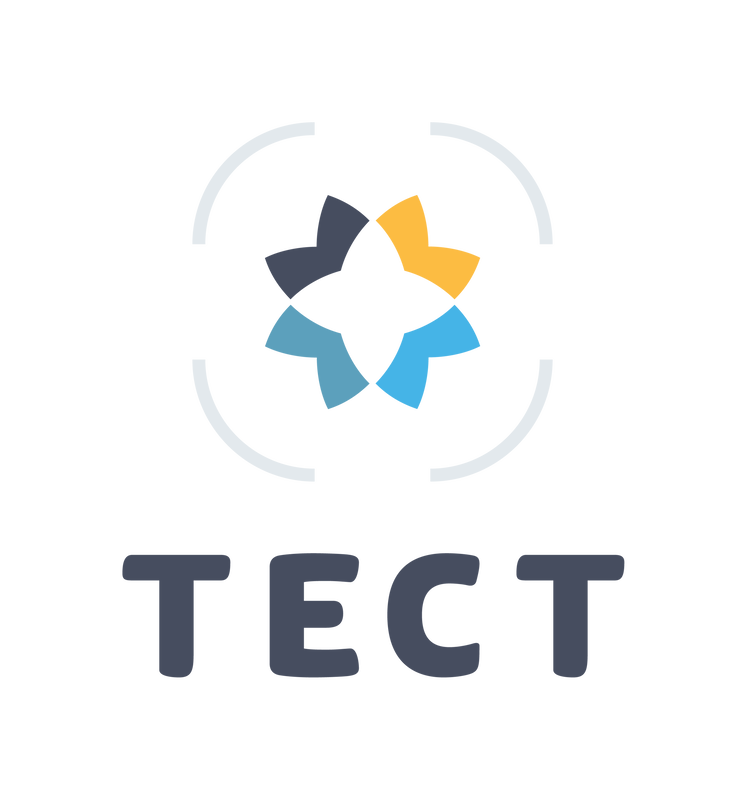|
Some of you training at the club may have noticed the new club trailer. We are completing some final work on this and are looking forward to attending regattas. A huge thank you to Steve Hill and Gaylene Macfarlane for their tireless efforts to deliver this. Also to Lawrence Smith for his design assistance and advice. Thank you also to Karoha for blessing our new trailer on the 20th of March 2021.
Our Old Trailer has been sold to club member; Corrina Gage. We wish our trailer well and hope that it serves Corrina and Kim well for years to come. We have received 50% funding from NZCT towards a new mahimahi canoe and 3 x sets of W6 spray-skirts.
There is a huge backlog on mahimahi orders and we expect Moana Nui to start construction in September 2021 with delivery before the end of the year. Out of the funding one set of replacement skirts have been purchased for Wairoa. Tataramoa's skirts will be replaced and the final set going to the new canoe. Our Cultural Connections Committee are currently working on a name for our new waka. A fine day was had on Valentines Day this year! We wish to extend our thanks to all of the club involved in helping. We managed to make approximately a $3000 profit for the club. This goes toward our operational costs, keeping our membership fees down and delivering good quality equipment. Thanks for your help everyone!
Theo ValeOur W6 Waka Ama team named 'Team 66' so named because our total ages was divided by 6 of which three of us (Rick Broughton, Maurie Marvin and myself) are 70+. The other 3 (Brenda Vale, Mary Rose Hammerich and Mark Sutherland) were underage, lol!
Last Sunday 27th we participated in the Cambridge to Hamilton Waikato Awa race which ended In Grantham street at the bottom of Victoria Street Hamilton. The Race was organised by The Boatshed Karapiro. The Special Dennis Dickey award of $200.00 is awarded/donated by his Widow each year. We split the award six ways. Dennis Dickey was a keen paddler and passed away when he was only 71. We are training for a 22km Ocean race in Kaiteretere next November. 'The Na Wahine is the Superbowl for women, it is the pinnacle of canoe racing’ After her recent return from Hawaii, Corrina Gage talks about what it takes to not only compete in the most prestigious Long-Distance Outrigger race in the world, but to win it, with an all-female crew. Race: Na Wahine o Ke Kai Molokai to Oahu, Hawaii Date: 23 September 2018 Time: 6:05:16 Distance: 46 miles open ocean Category: Masters 40 Interview by Ora Pihema Photos courtesy of Toia Palmer Na Wahine o Ke Kai is a unique race and you've raced it before. What challenges does this race present that sets it apart from others? The Venue being in another country adds to the difficulty in organising things like canoe, escort boat, accommodation, rental cars especially with such a big group. You've got a crew of ten and then you need support people, so that's a challenge. Another significant challenge apart from having to race in a surfing canoe and not the flat-water canoes that we have here in NZ is training to do a surf race. In Tauranga we don't have the boats to go out into the conditions that you would need to train for that kind of race, so the majority of our training was pretty much on flat water. So, you're having to train for a surf race on flat water in NZ and that's a huge challenge. This last race just gone was my 18th. How did you go about picking your crew for Team Aotearoa? What qualities did you look for in each paddler? The core of our crew was our club crew which is Mako from the Ruamata club. We are a Masters 40 crew, however, with that crew and the recent LDNs this past weekend, we've won the last three Long Distance Nationals, that includes the open crew. So, we've been first overall and only two mixed crews were ahead of us at the recent LDNs. We took on a Hawaiian steerer and she was the only crew member who was not from New Zealand, so that brings up challenges and refers back to your previous question, in that we don't have the model of canoe here in NZ that you're going to race. The canoe we used in the race was a Bradley Lightning, so there was no way our club crew steerer could practice in that let alone practice in the conditions that we might face, so that adds to those challenges. Coming back to the crew make up, we had six already including our Hawaiian steerer, and because I had done so many and it was a first-time experience for all of our club crew apart from our steerer, I gave our club crew the choice of whether they wanted to enter the Masters 40 or the Open. Knowing that we were more likely to medal in the Masters 40, they voted to enter the Masters 40, then I opened it up for the crew to vote on who our other four paddlers should be. Everybody got to put in their top four choices, and we went with the paddlers who got the most votes, and it turned out it was pretty much the same people. Part of that choice which I reiterated with our crew for consideration was people you could get on with, ideally you don't just think about who the fastest paddlers are, but one who will not upset group dynamics and it was important to me that we have a happy crew and that we could blend well together. ‘..internationally is where you get the turn out of top female paddlers, in the distance races’ Describe your training leading up to the race. As well as the physical side and the ocean changes with crew in the water, how do you prepare mentally, especially with newbies who hadn't done this race before? And how far out from the race did you start training? With the club crew that we have and the four additional paddlers that we went with, that's really part of your filtering process, is people that have the mental capacity to not overthink it and to be able to respond to any of the cues that you've trained with, and your lead up period, and stick to doing simple well. In that lead up training, I spent a lot of time on thinking about cues that are going to add the most value to our crew under race pressure and making sure everyone was on the same page about what those cues meant, and that would be the key focus of my training of any crew. In addition to that, going with people who don't need to be micro-managed regarding their personal fitness. Particularly in that length of lead up going through from Sprints at the end of January, through to a race that happens at the end of September, I didn't have the time or energy to be continually checking that people are taking responsibility for their own fitness. So that's for a race at that level and a crew that I'm paddling in myself. I was having to train crews for Tahiti for World Sprints and I was having to do a lot of programme planning for people for Sprints, so I got one of our crew members who is a Personal Trainer and has worked a lot in water sports, I got her to do the water programme for our crew. I think it's important to delegate where you can, and involve everybody where you can, in a crew that you're paddling in yourself as well. Everybody had a very specific water programme, and that included sessions from FARTLEK / Integral training stuff right through to 4 to 5-hour paddles. Everybody trained primarily on their one man and then we came together for four training weekends prior to departure. In those weekends, we would get together on a Friday night and have two sessions on a Saturday, one session on a Sunday and then people would leave after that. We had very specific technique and crew blending training sessions in those weekends. You don't spend your crew time together trying to get people fit, people take responsibility for that and you focus your crew time to crew blending, your cues and your responsive to those cues. Our first real get together as a crew was the Takapuna Race. I used that as our first measure of what to prioritise for our training. I had planned it that we would do that race, and then see from that where we needed to best direct our time and energy in terms of what needed prioritising for our training programme and our training weekends together. You have also represented NZ in rafting and canoeing, how have theses disciplines influenced your paddling? Participating in any sport and representing NZ at that level gives you the advantage of knowing what amount of time is required to meet the amount of training required to perform to that level. The Na Wahine is the ‘Superbowl’ for women, it is the pinnacle of canoe racing. Although in NZ the focus here is very much the World Sprints, it is the distance racing that features more internationally for high performance for women. It's not the Sprint racing. Sprint racing still counts but internationally is where you get the turn out of top women paddlers, in the distance races. Given that it's an international race, having represented NZ in other sports gives me the measure of knowing what's required to perform as well as you can at those races. What advice would you give any crew contemplating the Na Wahine o ke kai for the first time? The amount of planning required to meet the best outcome for your crew. You could go with a top line up of paddlers, but if you've not thought about the difference between that and say the Takapuna Cup race, and then the flow on from that thought, is you haven’t thought about the type of training that is going to add value to your performance, at a 46 mile open ocean race. Takapuna Cup is an offshore race, you're not out in the open ocean. You need to think about the distance, the weaknesses of your crew. You need an initial measure of what your crew needs to work on and have a training programme that meets those weaknesses. That's just one aspect of the planning. That’s probably about 60% of your planning, the other 40% is hugely important and that is your boat coach i.e. who is going to run your water changes, who is going to decide on what course you take across that open ocean. You may have a person specifically responsible for that. Another factor is your escort boat, you need someone who knows what they're doing. Some of the crossings I've done, it's come up to five metre swells plus wind. You need to be with someone who can handle those conditions in the context of coming in to pick up people in the water. You hear too many stories of people getting propped or run over. So, you need an on to it boat coach, you need an on to it escort boat driver, and you need to have organised a decent canoe, you want a good racing canoe. You need to think about how long before the race you're going to go, bearing in mind you're going from our winter to between 30 – 40 degrees heat (C). So how long does your crew need to acclimate before the race. You may need to refresh whatever you've not been able to do in NZ i.e. water changes, and surfing, catching bumps. Also, dependent on your length of time away, have you organised good accommodation, have you organised vehicles to get around, you need to be in Molokai at least the night before, so organising accommodation and vehicles there as well. A good 40% of your performance outcome can be relative to how well you've planned. That is the most common thing I see that is not done as well as it should be. You can spend a lot of time on training and going with a crew who are in the best shape they can be in, but you immediately put yourself back several places in the pack, by not having planned ahead. You need one central person, that everyone listens to and takes direction from. We won our age division, Masters 40. My planned goal before we left was that we would win our division, which I still knew was a big call. The last few races I've paddled in that same division for Hawaiian crews, so I knew the caliber of crews we had to beat. Also, that we would be in the top 10 overall. We achieved both those goals, we were seventh overall, and we were easily in contention for fifth for most of the race, but our water changes let us down. We had to prioritise other things in our training particularly through the winter regarding crew blending, so that was the one thing that we didn't have the time or the temperature in NZ to train at, and that was what let us down. We were in a bunch of about four crews contending fifth place, and each time we did a water change we would drop back a little bit a little bit, so that ate away at our positioning for fifth place, so we did well to end up in seventh place overall. Of all the 18 races I've done at Na Wahine, this year was the highest caliber of paddlers I've seen. Usually there are up to eight crews in contention for top five and this year there were easily 12 crews contending top five from the outset. For top three or first place, you would normally only get two crews in contention for first place, this year there were four crews contending. The standard of the crews was definitely up from previous years. They are mostly Hawaiian crews that enter, however, the entries you get from other countries are usually their best. It's a lot of time, energy and money to go to a race like Na Wahine. What does paddling waka ama mean to you? Over the years, the reason for my participation in the sport has changed. Initially I went from doing an individual sport, kayaking, to waka ama, as a way be in a group sport, and still enjoy participating at a high level. My very first outrigger canoe race was this race, the Na Wahine Molokai race. I had paddled kayak at an international race, the Australians rang me up and asked if I was interested in doing this race, so I went a month before the race and learnt how to paddle outrigger. I was fortunate that this was my first contact with outriggers. I got to see the fun of doing open ocean races, the fun of being in a crew, still being able to perform at a high level, so that was my first contact with the sport. So, my initial reason for wanting to paddle was about going into a crew sport and still being able to participate at a high-performance level. Then it turns into winning races, then I got more into the coaching aspect, so now for me it's the enjoyment of still performing at a high-performance level, but I've moved from competing against people to competing with people. When I go into a race I don't feel like I need to beat another crew, I go into it feeling like I need to perform as well as I can and in the doing we may beat another crew. I need to get off the water knowing I and my crew raced as well as we could have raced. It's different from going out there to beat other crews, it's a different mindset. That's me as a competitor, but now I've moved into that coaching role so the satisfaction I get is in helping people's paddling / coaching development. So, helping people to be better coaches, or helping people to be better paddlers, in whatever way that means to them... Their measure of better, not my measure of better. Team Aotearoa Masters 40 Left to Right Corrina Gage, Sarah Url, Nicki Kingi, Katie Stevens (steerer) Toia Palmer, Nyree King, Ngaire Pehi, Alisa Prendergast, Yvonne Rogers.
Naumai haere mai ki Tauranga Moana OCC. As 2018 draws to an end, our club looks back on what has been another fabulous year on the water. With many highs and a few lows (but we'll leave those with Tangaroa) it's been a year of challenges, team spirits, races, crew development and growth for our paddlers both on and off the water. The start of the year saw several clubbies represent at Nationals, with W1 paddlers Lawrence, Kathie, Dave, Brenda, Ric and Theo. Ake Hoe W12 with Gaylene, Brenda, Maryanna, Lil, Sonia and Maria making up six paddlers, the other six made up from Ruamata Hinemalas. Other clubbies paddled for other clubs, which enabled them to qualify for worlds in Tahiti. The IVF VA’A World Sprints Championships in Tahiti in July saw Theo, Liz, Paora, Cynthia, Moira and Les all race extremely well, with Les and Cynthia getting medals for the Masters 70 for 500 metres, Moira picking up a medal in the Senior Masters 60, while Theo and Paora picked up gold medals in the W6 Masters 70 and a silver in the sprint Masters 70. Theo was also the only male in the single sprint Masters 70. Great results, that's what hard work looks like! Long Distance Nationals - Napier From sprints in Tahiti in July, to Long Distance Nationals in Napier in October, our club participated at the Te Waananga o Aotearoa LDN's, which saw twenty-four paddlers participate across nine events over two days, from our J16 W2 and W6, W1 Master Men rudderless, W2 and W6 Master Men, W6 Master Mixed, W2 Snr Master Women, and W1 Master 70 Men.
Long Distance Nationals Results W2 – J16 Men Braden / Noah Gold medal W2 Master Men Troy / Nick Gold medal W2 Senior Master Women Gaylene and Brenda Gold medal W1 Master 70 Men (rudderless) Theo Vale Gold medal W1 Master 70 Men (ruddered) Richard Broughton Gold medal W2 Senior Master Women Carol Andrews and Jen Butler Silver medal W1 Master Men – (Rudderless) Craig Fenwick Bronze medal W6 Master Men Tauranga Harbour Masters Rich, Tom Rika, Nick, Darryl, Craig and Tom Atkins Bronze medal W6 J16 Mixed Wairoa Sharks Roimata, Natalie, Noah, Mereana, Tyler and Braden Fourth place W6 Master Mixed Finny, Kellie, Thomas, Gaylene, Lisa and Del Fourth place W1 Master Men (rudderless) Tom Rika and Rich Thomson / placings Clubbies who paddled for other clubs W6 Gold Master Women Liz and Les Gold medal (paddled for Nga Hau e Wha Waitakere) V1 Senior Master Lawrence 9th place (paddled for Ruamata) The results speak for themselves, an outstanding outcome for our clubbies and some very proud moments for everyone involved. From the nine events TMOCC participated in, our club took home five gold medals, one silver and two bronze medals, with our two fourth placings missing out by mere seconds! I can already hear talk of LDNs next year in Auckland! TMOCC J16 Mixed ‘Wairoa Sharks’ The team was originally formed the week before the 2018 Omokoroa Dash. After the Dash we had a few changes, and for some time now the team has been Roimata, Natalie, Noah, Mereana, Tyler and Braden. We raced the Rotohoe series and by attending all the races, we accumulated points which in turn won us the J16 Mixed title. We also raced the Mauao series, Mokoia and the Cathedral Cove Challenge, where you will see some great photos from Franz showing our tip training session in the breakers before the start of the race, definitely intentional. October saw us race at the Long Distance Nationals Napier, with two of the team, Braden and Noah who also raced W2. Words by Braden Smith Waka Ama is about more than paddling and races, it's about te hauora o nga tangata, the health of the people, giving respect to the sea and waters for all our paddlers, belonging, identity and collective strength, and being the example we want to illustrate to others, keen to get involved with this addictive sport. Paddle strong, paddle hard, paddle light. See you on the water! Our AGM was held in
Thanks so much to our outgoing president, Gaylene MacFarlane, who stepped up last year and has worked hard to ensure the club's committee has been more involved and more supportive of each other. In her own words, Gaylene said the year has been about 'empowerment and she has been a driving force behind our new affiliation membership option. Gaylene 'is remaining on the committee as Vice President, which is very much welcomed by new president Darryl Hyne. Congratulations to Darryl and all of our other new committee members and office holders. Our club continues to grow, with much credit going to Kath and Ian for bringing on the new paddlers. The challenge for all of us is to make sure there is something for these new paddlers to continue on with and there are a number of new development squads and social teams. Your committee members are all here to support you and make our club the best it can be so please don't hesitate to approach any of us if you have any thoughts or suggestions about the club. Our outgoing committee members are: President - Gaylene MacFarlane Vice President: - Liz Webster Secretary - Lesley Quirke & Tracy Phillips Committee - Robyn Richards, Maureen Verstegen Welcome to our incoming members: President - Darryl Hyne Vice President: - Gaylene MacFarlane Treasurer - Kath Mildon & Alex Ryder Secretary - Sefulu Calvert Committee - Karen Thomas, Steve Hill, Dave Robertson, Julie Sargisson, Ian Hemmingsen, Theo Vale, Liz Webster, Diana Bomford, Cameron (Juniors), Ora Pihema The South Island Masters Games are happening from 4-8 October in sunny Nelson this year and we are looking to spread the word to any one who would like to come down and join in the fun! The Games are open to anyone aged 30+ years from all over New Zealand and overseas. There’s no need to qualify or belong to a club, anyone can participate, even if they’ve never paddled a waka before.
We have two Waka Ama classes this year (beginner and experienced) and we can provide all the equipment here so there is no need to paddle your Waka down! A full team is also not required - we can put anyone interested into a team with other individuals. You can find out more information about Waka Ama and the other 40 sports on the Games website at www.simasters.com Once again we seemed to pick the best day of winter. Congratulations to all those that won awards.
A special thank you from all of us to Roka Woka who organised the whole day, from organising the teams, sorting out transport, sourcing some great spot prizes from local firms Top Catch, Steves Marine and Burnsco, organising the food lay out and the all important clear up in the kitchen. You made today that much more special and it certainly wouldn't have been what is was without your hard work. Top Team 2016 - Wave Warriors Top Junior Paddler 2016 - Braden Smith Top Senior Male Paddler 2016 - Theo Vale Top Male Paddler 2016 - Napolen Eketone Top Female Paddler 2016 - Rebekka Still Top Junior Paddler 2016 - Braden Smith Most Improved 2016 - Taina Maddigan-Ould Most Dedicated 2016 - Ian Hemmingsen Coach of the Year 2016 - Lawrence Smith Personality of the Year 2016 - Dave Lynn Dave Lynn Memorial Trophy 2016 - Braden Smith In Memoriam 2016 - Dave Lynn 2016 - Simati "Marty" Toomalatai Club Members that were at the World Sprints 2016 (if we have missed your name, please email me and I will fix it up, its hard to pick names out of a list of over 500 people)
Another busy year with the Yellow Pages deliveries, we picked up 13,000 phone books, and most of the clubs and whanau made it down to the packing night.
Just to spice things up this year, we decided to bless one of our canoes while we waited for the pizza's to arrive. Welcome to the newest member of our club. Atawhai, Cheers to Chris for doing the blessing for us. This would have to be a first for us, to do a night blessing, but hey, everyone was there, so why not. |
Location85 Cross Rd, Sulphur Point, Tauranga 3110
|
|
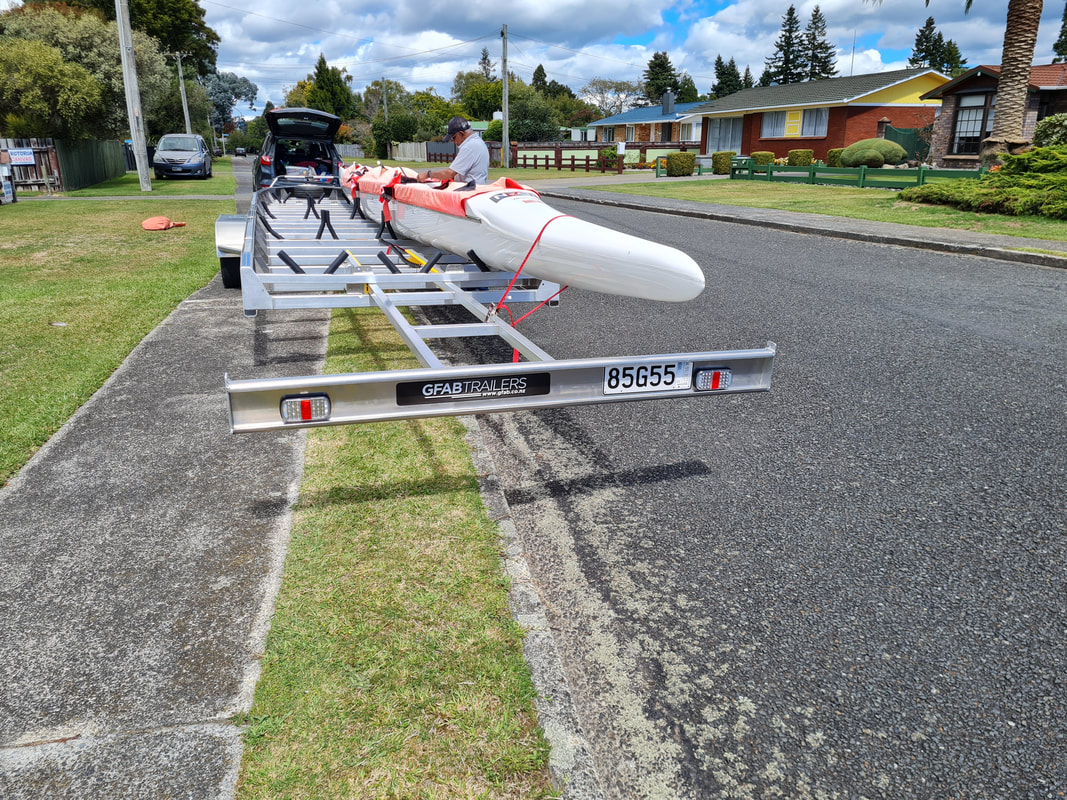
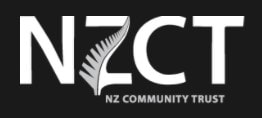
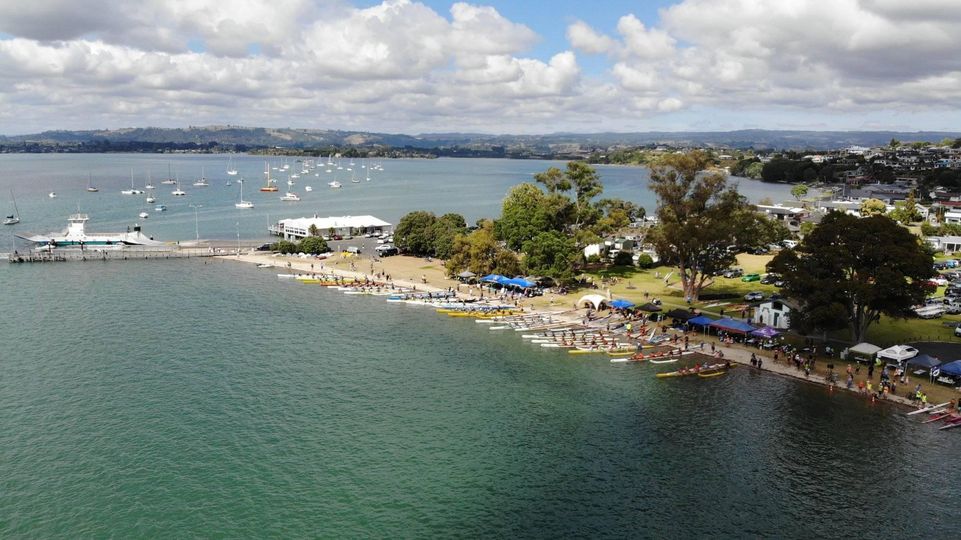
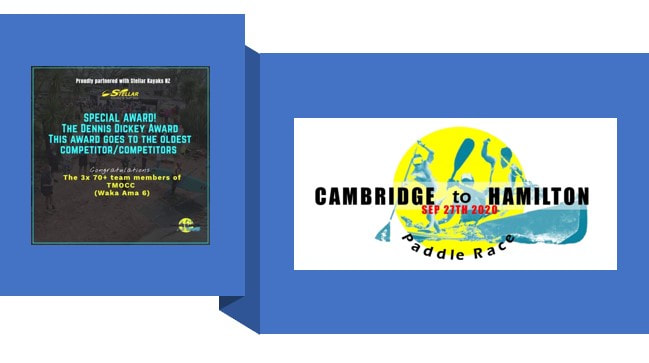
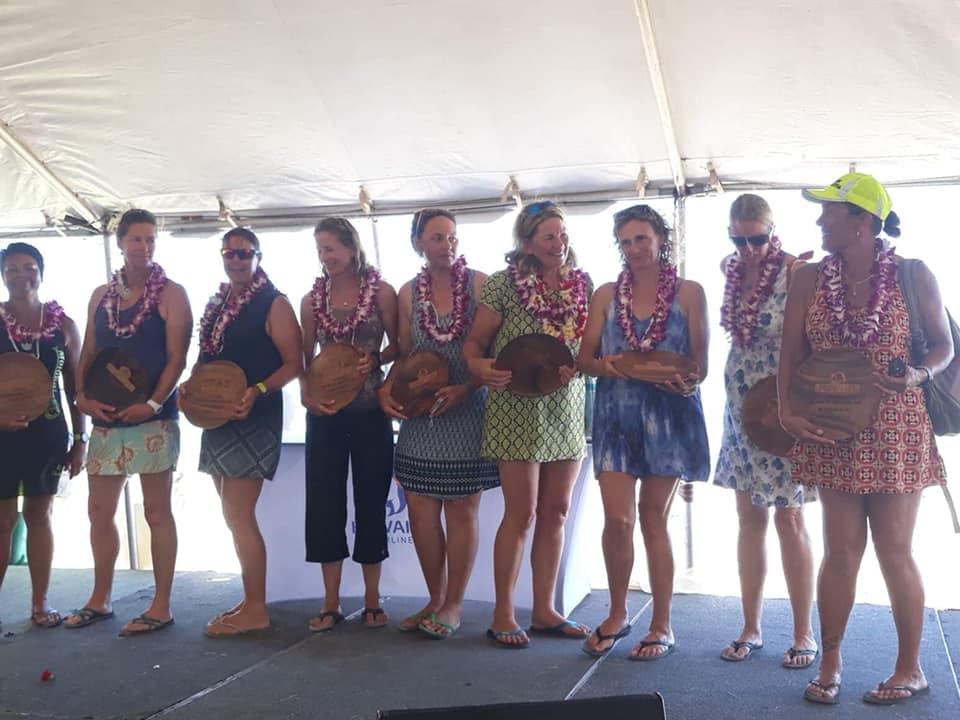
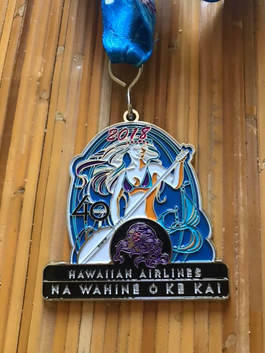
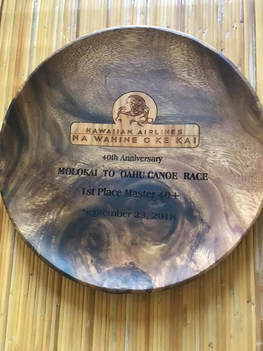
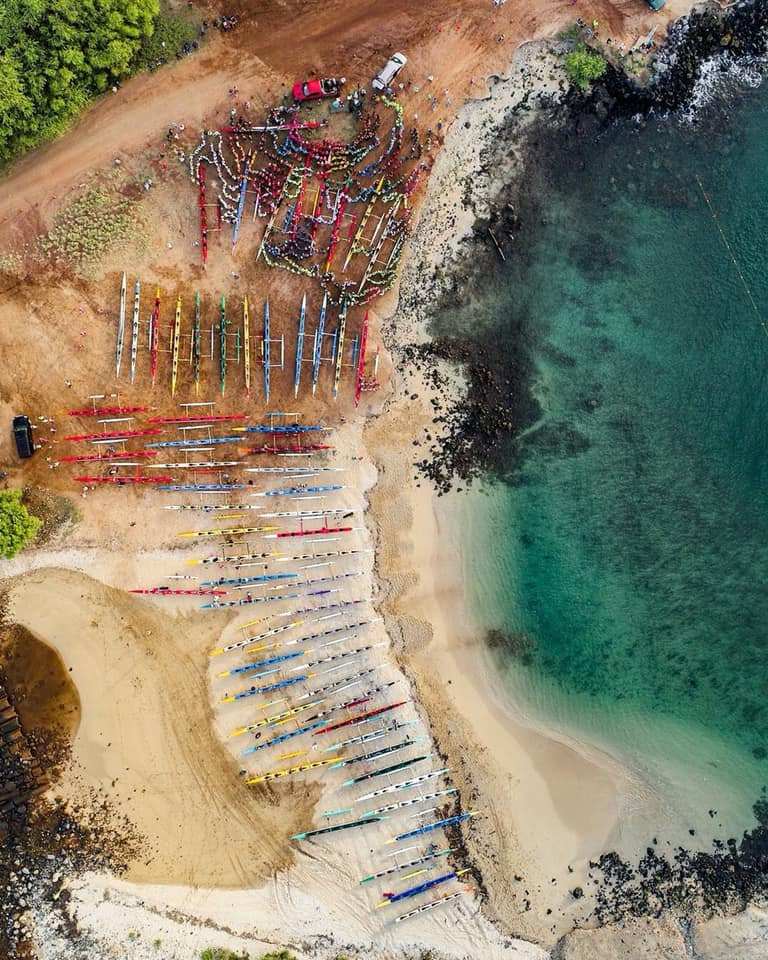
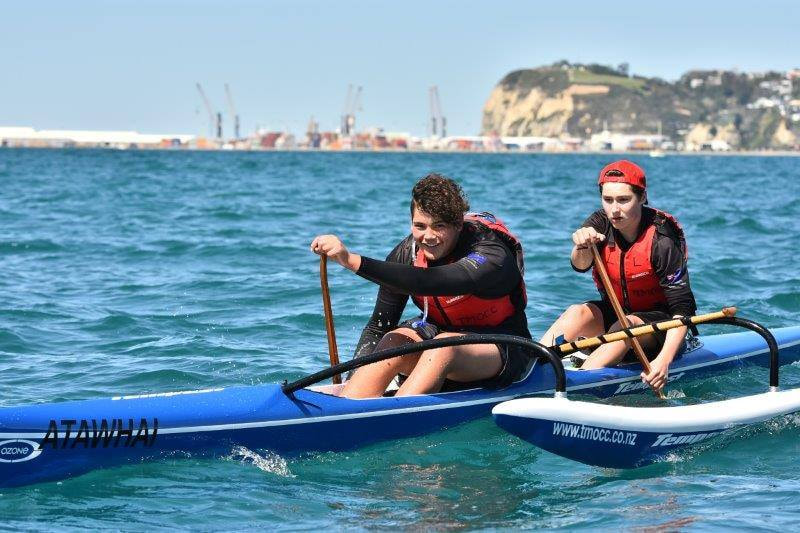
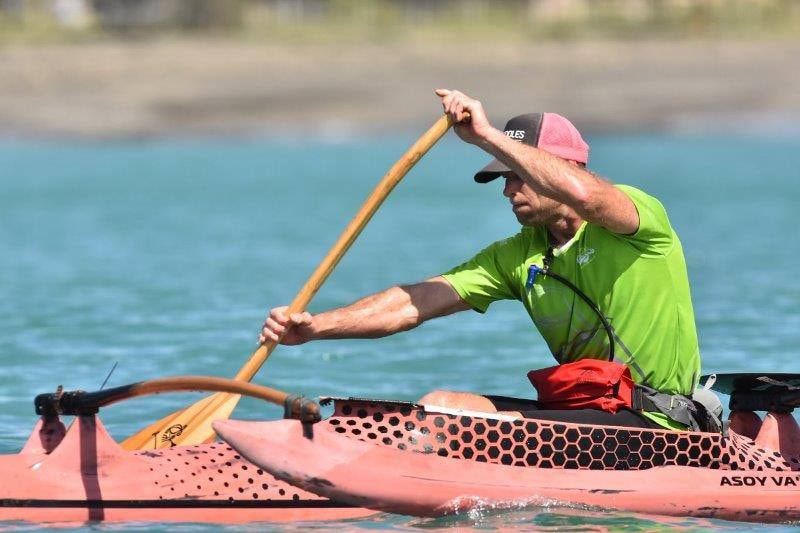
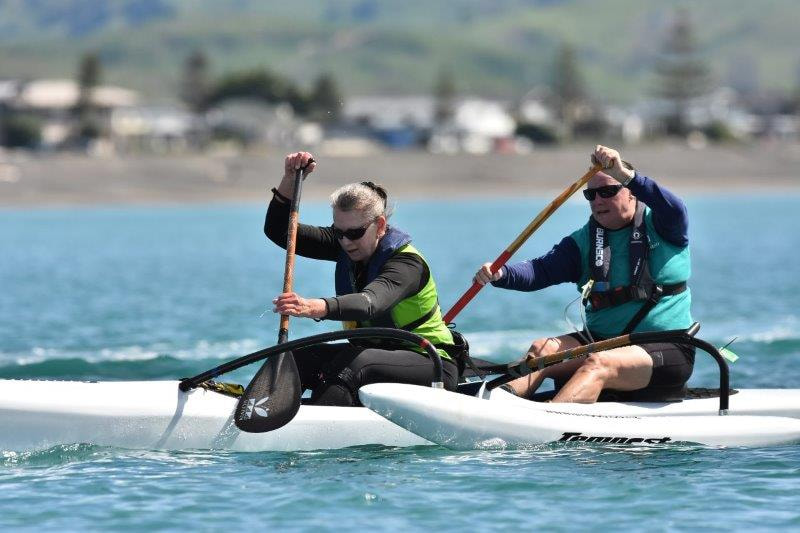
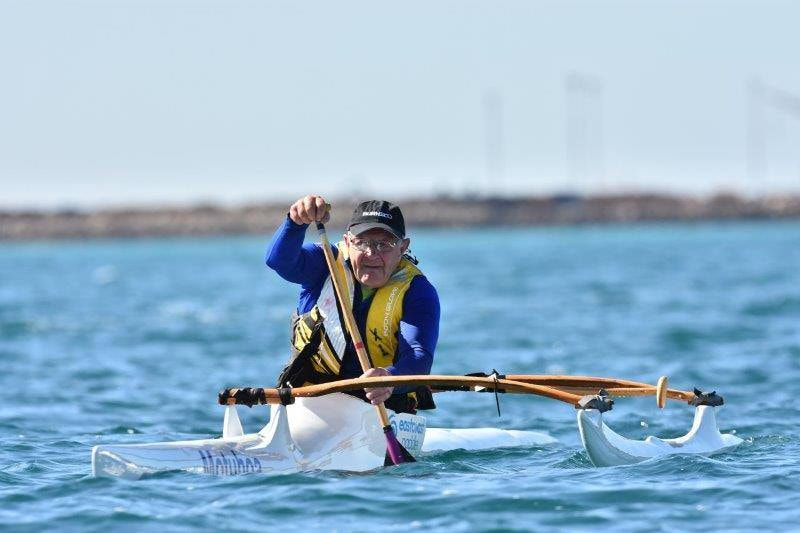
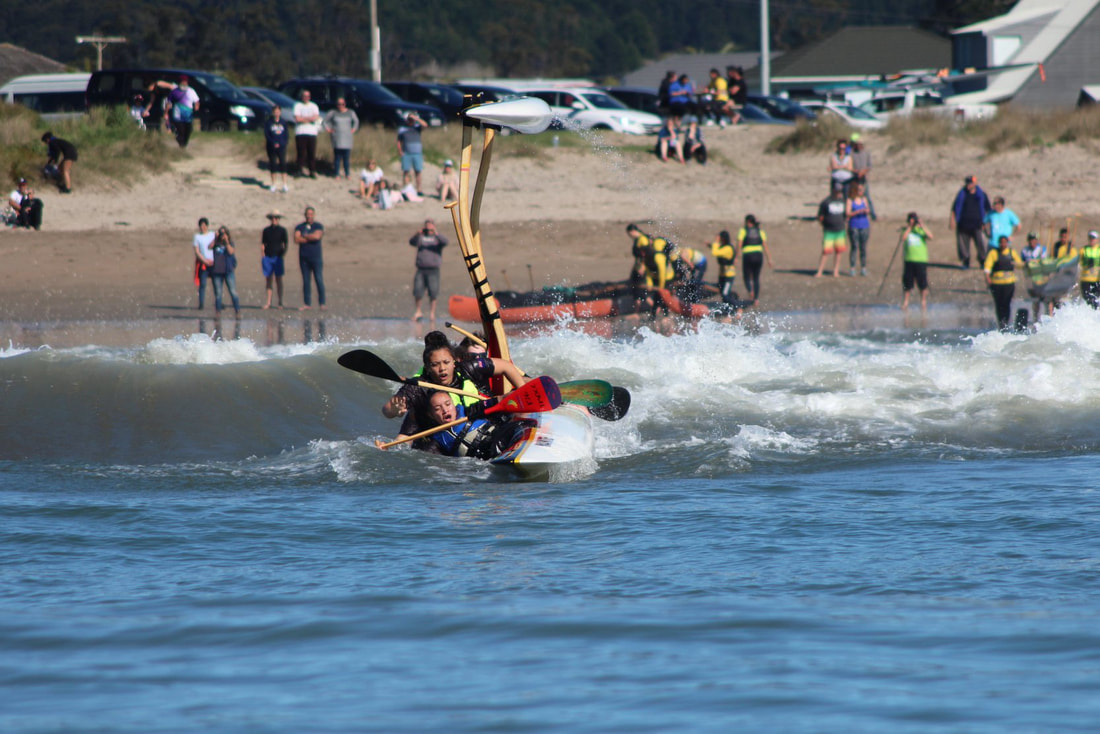
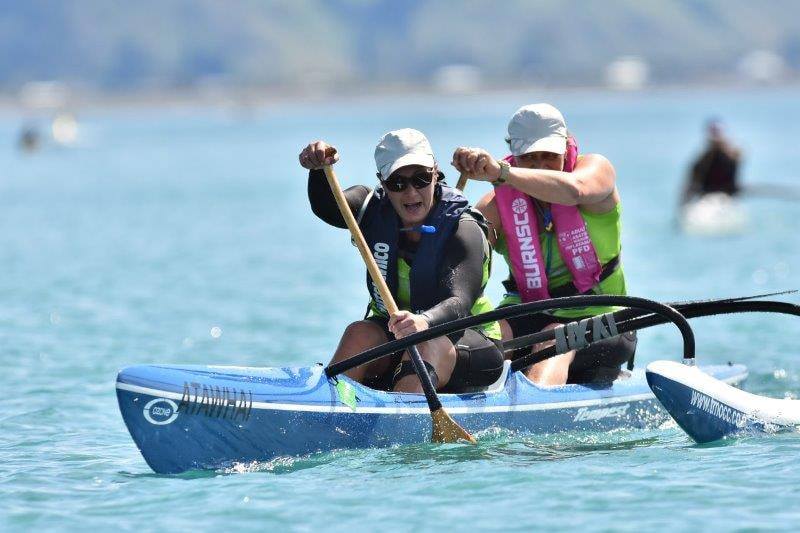
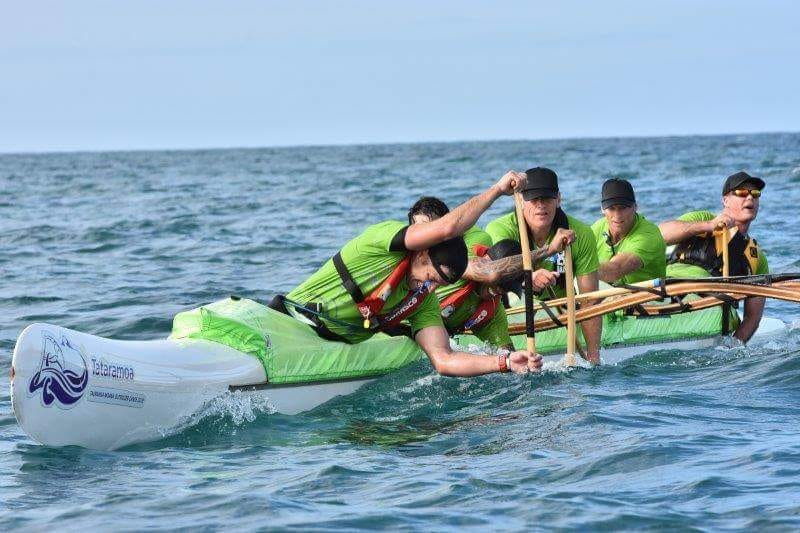
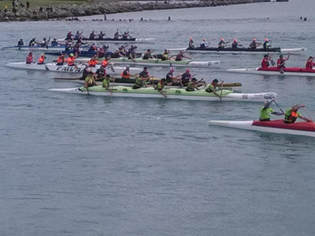
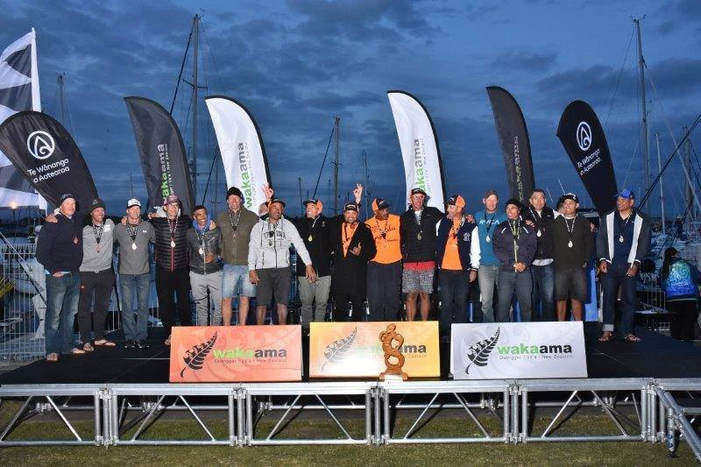

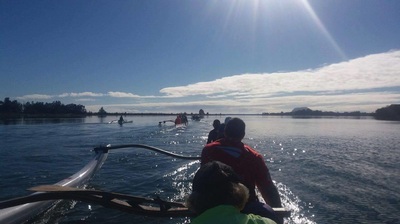
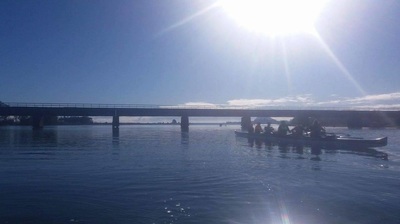
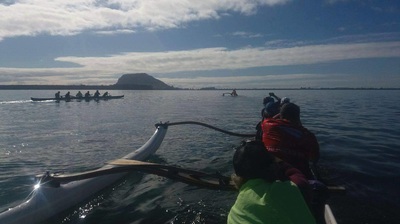
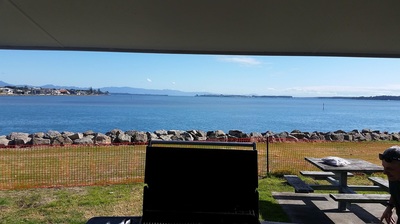
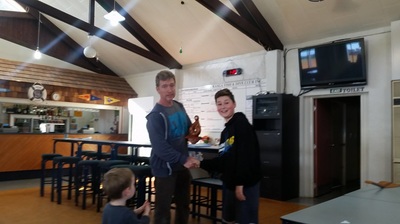
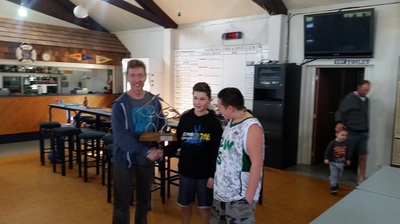
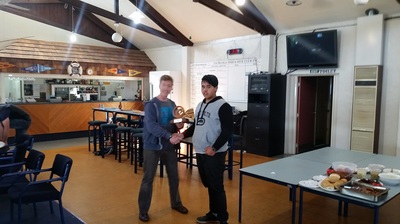
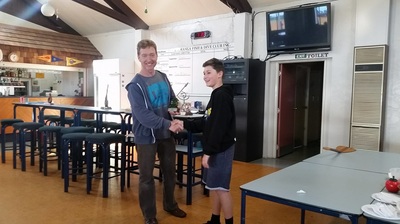
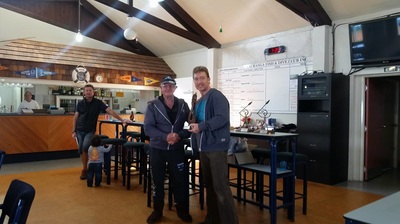
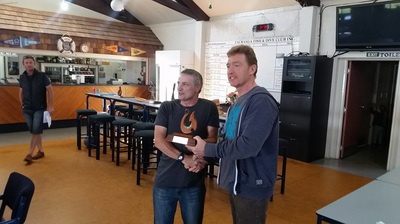
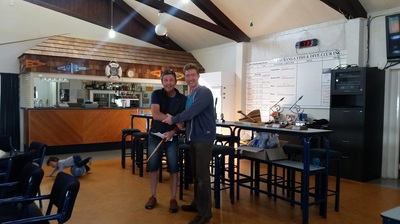
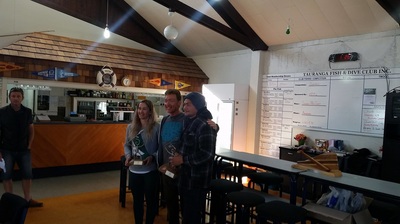
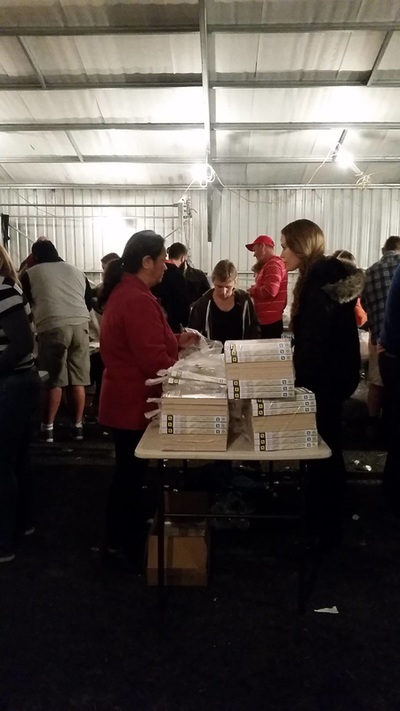
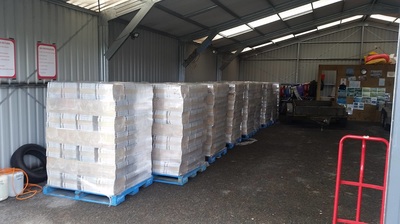
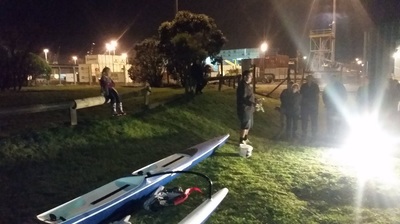
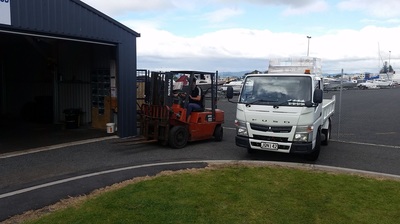
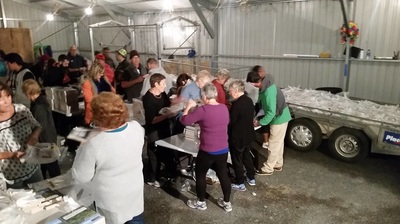

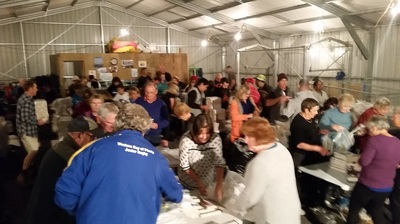
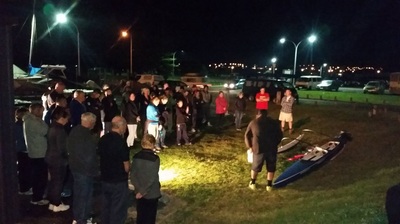
 RSS Feed
RSS Feed
